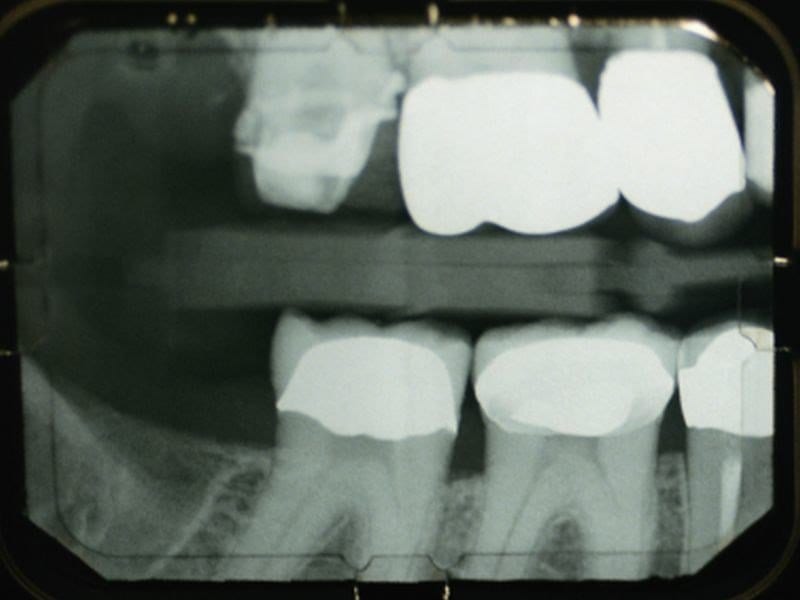A new study in the American Journal of Hypertension indicates that postmenopausal women who have experienced tooth loss are at higher risk of developing high blood pressure. Multiple studies have suggested an association …
(HealthDay)—For postmenopausal African-American women, high-risk APOL1 genotype seems not to be associated with coronary heart disease, stroke, or mortality, according to a study published online July 3 in JAMA Cardiology.
(HealthDay)—Postmenopausal women who breastfed more children, or breastfed for a longer duration, have a lower risk of hypertension, according to a study published online Jan. 30 in the American Journal of Hypertension.
(HealthDay)—For women, snoring is associated with a modest increased risk of stroke, coronary heart disease (CHD), and cardiovascular disease (CVD), according to a study published in the Feb. 15 issue of The American Journal …
Gum disease and tooth loss may be associated with a higher risk of death in postmenopausal women but not increased cardiovascular disease risk, according to new research in Journal of the American Heart Association, the open …
In 2015, then President Barack Obama launched a precision medicine initiative, saying that its promise was “delivering the right treatments, at the right time, every time to the right person.” A biomedical engineer at Washington …
Exercise may be as effective as prescribed drugs to lower high (140 mm Hg) blood pressure, suggests a pooled analysis of the available data, in what is thought to be the first study of its kind, and published online in the …
A team of Rutgers scientists, including Leonard Lee and Shaohua Li, have taken an important step toward the goal of making diseased hearts heal themselves—a new model that would reduce the need for bypass surgery, heart …
In a medical records analysis of information gathered on more than 6,000 people, Johns Hopkins Medicine researchers conclude that simply asking older adult patients about their weight history at ages 20 and 40 could provide …
The risk of heart attack peaks at around 10pm on Christmas Eve, particularly for older and sicker people, most likely due to heightened emotional stress, finds a Swedish study in this week’s Christmas issue of The BMJ.
This content was originally published here.
Post Views: 925







